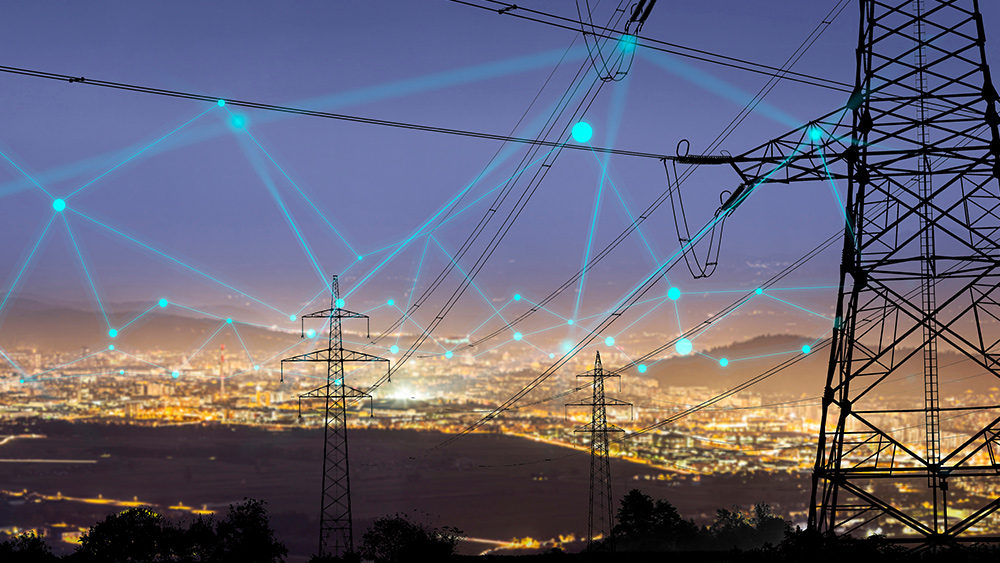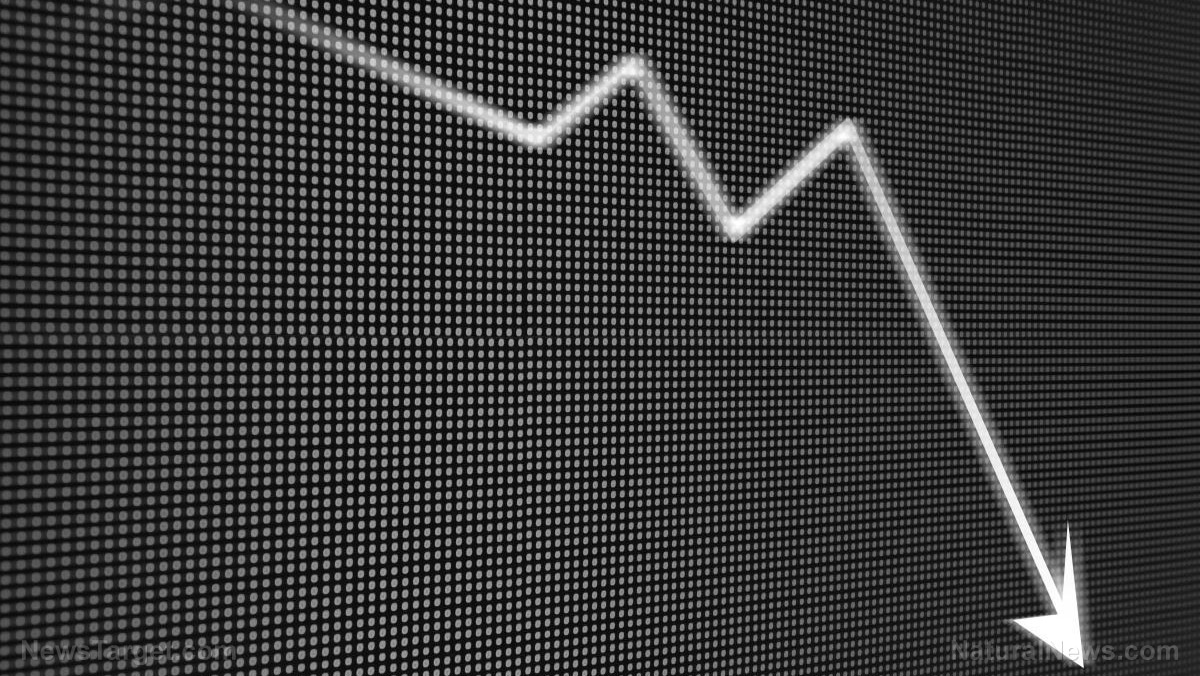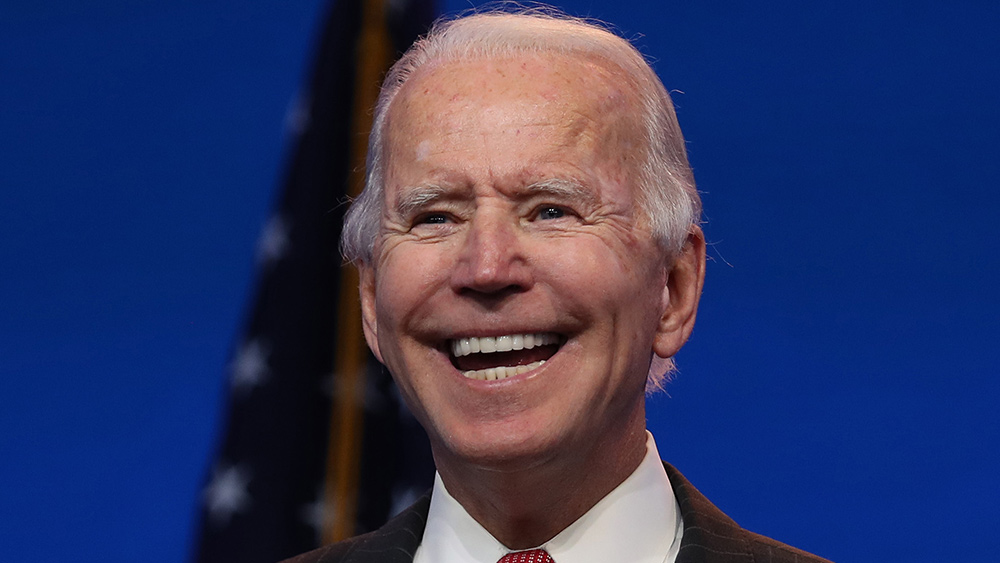Study: Germany’s power grid on the brink of collapse
03/08/2023 / By Oliver Young

Analysts believe Germany’s power grid is on the brink of collapse and are predicting power outages that could last almost an entire a day in some instances.
A local McKinsey study determined that the country will lack four gigawatts of power capacity by 2025 and 30 gigawatts by 2030. “So, we’re heading toward a significant shortage: 30GW corresponds to the capacity of about 30 large thermal power plants,” the study noted.
According to the analysts, Germany will not be able to cover its energy needs with its own resources at peak loads. They also warned that Berlin will not be able to give up gas in the next 10 years.
“Our scenario analysis shows that natural gas will have to play a role in the electricity mix in the future. It is therefore important to reduce import dependency by diversifying suppliers. Part of the strategy must also be to make more green hydrogen available for power generation,” the analysts stated.
Renewable energy remains an option, but Bloomberg reported that Germany will have to spend at least $1 trillion to increase energy production from renewable sources. The German grid regulator and think tank Agora Energiewende estimates that the country will face a one-third increase in demand by 2030, which means it will need to generate about 250 gigawatts of additional electricity by that time.
The McKinsey study contradicts a recent report by the country’s Federal Network Agency, which said the power supply would be secure for the next decade even if electricity consumption increases significantly.
Energy crisis felt throughout Europe
German natural gas company Uniper struggled to replace gas supplies following the shutdown of the Nord Stream 1 pipeline.
The company was forced to substitute missing gas volumes by buying from the spot market at high prices, which were then sold to customers at cheaper, long-term prices. This resulted in the company having to report more than $12.08 billion in losses as early as July 2022. Uniper’s losses – the biggest in German corporate history – prompted Berlin to intervene.
To cover Uniper’s losses, Germany’s federal government acquired a 30 percent stake in the company. It also provided the energy company an additional $7.75 billion to help it hold out until the fourth quarter of 2022. Uniper later received over $20 billion more to prevent a total collapse.
Uniper is not the only company that sought a bailout amid the energy crisis in Europe. (Related: Europe’s energy crisis explained.)
According to Russia Today, Czech energy provider CEZ asked Prague for aid amounting to $3 billion.
A July 18, 2022 report by Bloomberg also stated that overall debt incurred by energy companies in the European Union has jumped by more than half since the start of the pandemic in early 2020. The publication reported that the total amount of debt stood at $1.71 trillion at the time.
It also noted that the companies raised over $45 billion in bonds and $72 .5 billion in loans during the first half of last year.
Read more stories about the energy crisis in Germany and other European countries at EnergySupply.news.
Watch this video that talks about how blackouts can lead to chaos.
This video is from the Still Small Voice channel on Brighteon.com.
More related stories:
German gas giant asks Berlin for BAILOUT as country faces energy crisis.
Energy collapse: First blackout simulation in German district predicts 400 deaths in 96 hours.
German municipalities preparing for dark winter of blackouts, simulate 400 deaths in first 96 hours.
Germany prepares for “emergency cash deliveries” ahead of anticipated dark winter energy blackout.
Sources include:
Submit a correction >>
Tagged Under:
big government, Bubble, Collapse, debt collapse, electricity, energy crisis, energy supply, Europe, fuel rationing, fuel supply, Germany, grid regulator, McKinsey study, natural gas, power, power grid, scarcity, shortage, thermal power plants, Uniper
This article may contain statements that reflect the opinion of the author
RECENT NEWS & ARTICLES
COPYRIGHT © 2017 BUBBLE NEWS




















